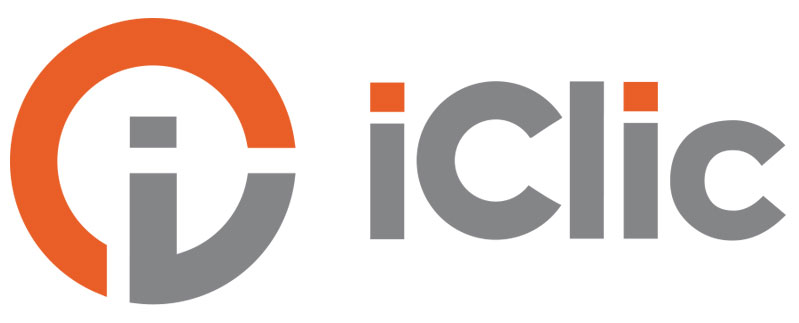11. HOW TO UNDERSTAND THE ADVANTAGES OF PRISMATIC OVER “STANDARD” GLASS BEAD SHEETING?
- Jan 20, 2021
- 2 min read
Updated: Mar 10, 2021
This is a simplified description of each:
Standard “Glass bead” reflective sheeting (Style 3M 680) uses glass beads to reflect light. This light is diffused in all directions.
Prismatic is a newer technology that uses miniature prisms to reflect light in ONE DIRECTION ONLY….back to the source of the light. If you are in the angle of reflection (like when driving a car with your headlights on) you will see a very powerful reflection directed exclusively to you. This reflection is up to 8X more powerful than any reflection from glass-bead products and can be seen from a much greater distance.
Glass bead (3M 680 style)

“PROS” of Glass bead sheeting:
Much more flexible
Easy to force into compound bends and body recesses (license plate areas, under door handles)
No “cells” to worry about.
Can be wrapped around door edges
Available in “CR”….”Conformable/Removable” to facilitate striping and glue removal.
Wider range of colors available
Easy to screen print or digital print decals over white, but reflectivity is even more reduced.
Black is available
“CONS” of Glass bead sheeting:
NO FLUORESCENT LIME available
Lowest reflectivity (5X to 8X less distance than “conspicuity” tapes)
Very minimal “advance driver warning”
Not used for NFPA-1901 Emergency Vehicle Chevrons
Reflective power is diminished when wet, which is exactly the time when maximum visibility is required.
Typical prismatic products.


What is your REAL purpose in adding chevrons and lateral striping?
Is it for corporate or vehicle identification only?
Then glass bead is perfect.
Is it for increased night-time visibility to prevent accidents?
Then use the newest technology that gives motorists up to 8X the advanced warning of your presence on the highway.
Compare glass bead with prismatic.
Prismatic CHEK.R.POINTS on diamond checker plate compared to standard glass bead striping below:
Lateral stripe on Canal Flats is glass bead. Reflective power is minimal.

Striping and unit number on roll-up door is glass bead. Reflective power is minimal.














Comments